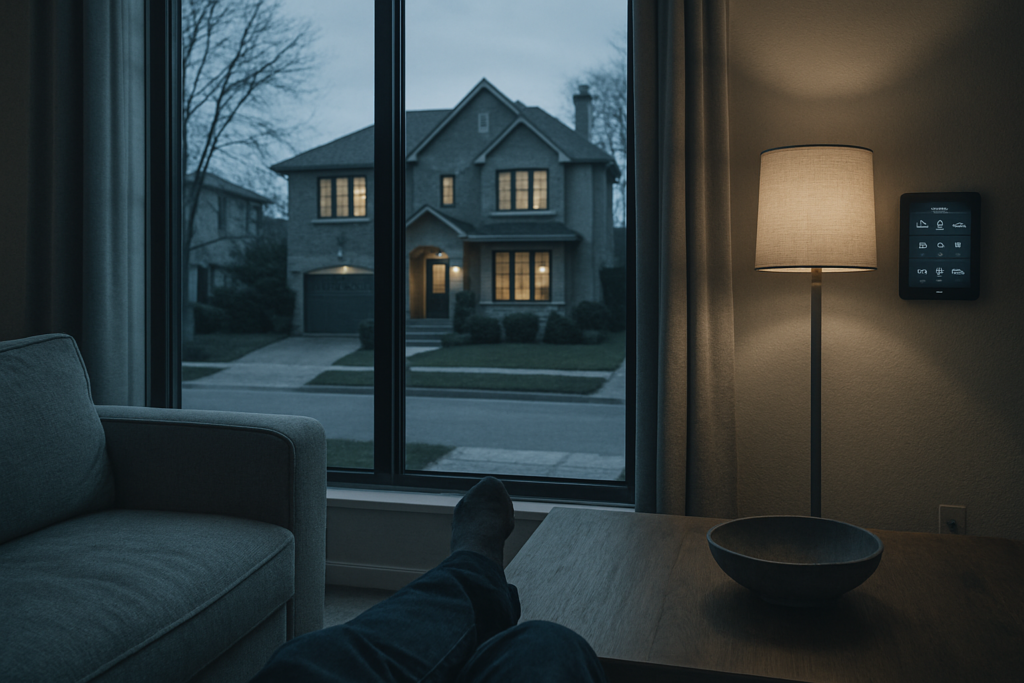What Is 5124107876?
First up—context. The number 5124107876 looks innocent on its face. No spam warning. No red flags. But appearances can mislead. It’s not registered to a publicly known business, and there’s no consistent caller ID associated with it. That’s where the mystery starts.
Folks across forums like Reddit and community boards such as 800notes and Robokiller have said they’ve gotten messages from this number ranging from appointment confirmation scams, Medicare fraud attempts, to blank calls. Some report automated voices, while others say it’s dead silence.
And when people try calling it back? They either get a voicemail or an autodisconnect. That’s shady behavior—especially in 2024 when legit businesses typically text or call with clear identifiers.
Common Reports Linked to 5124107876
Let’s break it down. Here are the top scenarios where people interact with this number:
Healthcare Scams: Some users claimed the number pretended to be a healthcare provider or Medicare rep asking for personal info. Legitimate places don’t do that over SMS or cold calls.
Financial Services Traps: Other times, messages mention payment issues or credit scores—with a link. Clicking that link usually lands you on a phishing page disguised as a bank site.
Silent Voicemails: One of the more frustrating reports is that the number leaves voicemails with nothing but static, or robotic tones.
If any of these sound familiar, you’re not imagining it. Spam and scam calls are still on the rise, despite legislative pushbacks and carrierlevel blocking tools.
Should You Be Worried?
We won’t sugarcoat it—5124107876 is almost certainly tied to spam behavior. While it’s not currently blacklisted by every carrier or callblocking app, its pattern aligns with the kind of activity tied to scammers. No one legitimate hides behind silence and untraceable numbers.
If you’ve already answered a call or clicked a link from 5124107876, don’t panic. But take commonsense next steps:
Don’t Share Personal Info: Ever. No legit org will randomly ask for your full address, SSN, or bank number via text. Run a Malware Scan: If you clicked a link, your device might’ve downloaded something in the background. Block and Report the Number: It helps your carrier improve spam filtering for others too.
Protecting Yourself Moving Forward
Scams evolve fast. But the defense basics stay the same. Here’s a tight, nononsense checklist:
Use Call Protection Apps: Tools like Hiya, Robokiller, or your phone’s native spam filter help identify repeat offenders. Set Unknown Calls to Voicemail: If it matters, they’ll leave a legit message. Educate Yourself: Stay updated on trending scams. The FTC maintains public reports. Tell Your Contacts: Older adults and nontechsavvy users get hit hardest. A twominute headsup goes a long way.
What If You Think It’s Legit?
Some users wonder, what if 5124107876 actually is from a doctor’s office or government agency? Fair question. It’s possible—but unlikely. Here’s how to verify:
- Search the Number Online: If it’s tied to a legit company, there’ll be a trace.
- Contact the Claiming Entity Directly: If the number said it was your bank, call your bank—not the number.
- Use a Reverse Lookup Tool: Some free directories offer context or warnings based on user reports.
But once a number’s reputation is tarnished, even if it started legit, it’s hard to trust it again.
Should You Block 5124107876?
Short answer: yes. There’s no benefit to keeping an open line to a number that behaves the way this one does. Blocking takes seconds. On iOS: tap the number, scroll, hit “Block This Caller.” On Android, it’s similar.
This won’t stop all spam—it’s whackamole—but it reduces noise. Combine that with better filtering tools, and you’ll reclaim some peace.
Wrapping Up: Keep It Simple
Don’t overthink it. If something feels off, it usually is. The phone number 5124107876 has plenty of red flags, and while not all robocalls are dangerous, they’re rarely helpful. Staying proactive—blocking, reporting, and trusting your instinct—is the best move.
And if you’re waiting for context? Assume the worst until proven otherwise. We’re in an age where cyber hygiene is just nonnegotiable.





